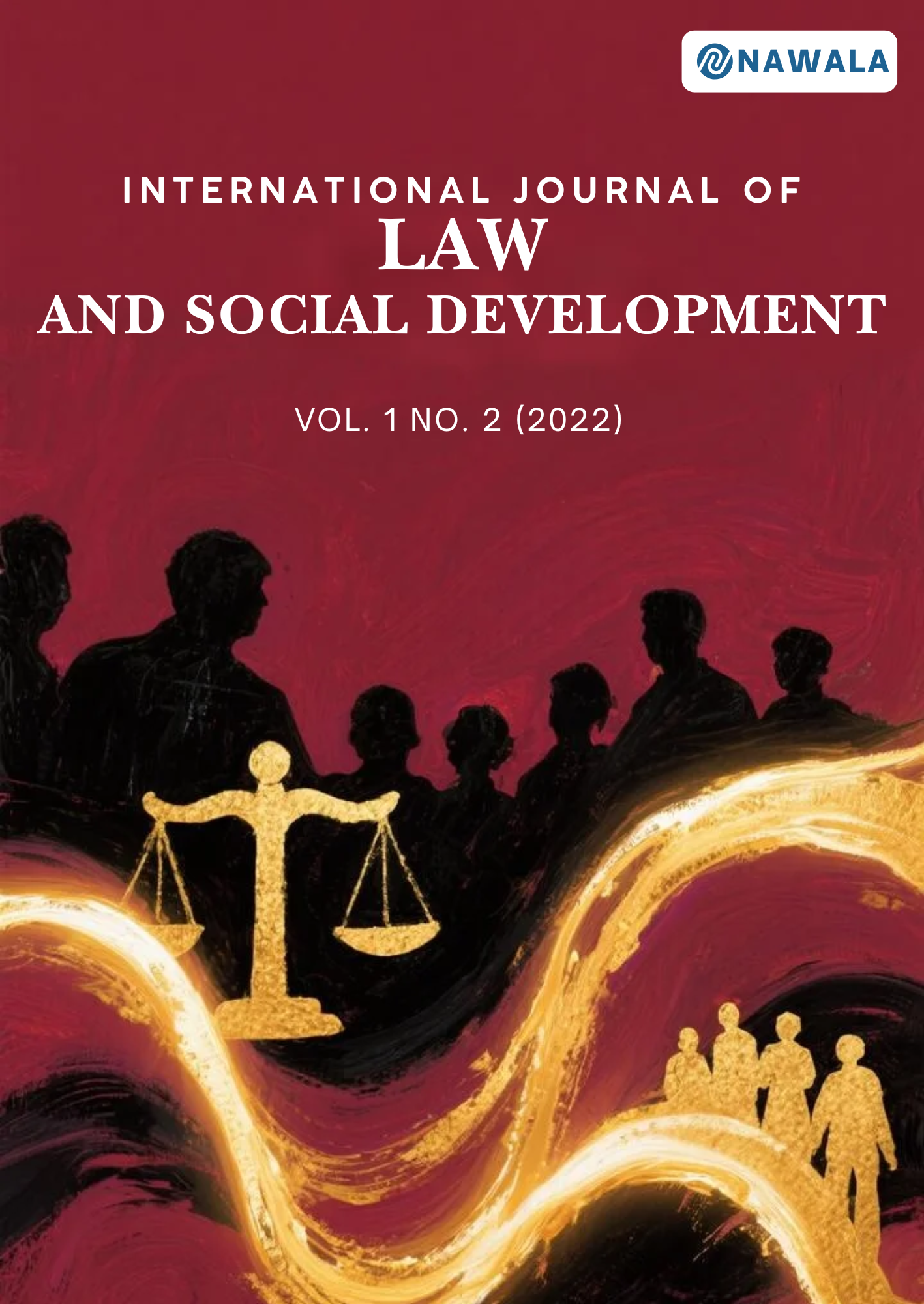The Role of Law in Inclusive Development and the Protection of Collective Rights
Keywords:
Collective Rights, Inclusive Development, Law Role, Public Policy, Social JusticeAbstract
The role of law in promoting inclusive development and protecting collective rights has become increasingly significant in the era of globalization, where social, economic, and political complexities demand a more equitable governance framework. Law functions not only as a regulatory instrument but also as a mechanism for supervision, conflict resolution, and enforcement of justice to ensure the fair distribution of development benefits across all societal groups. An inclusive approach recognizes the diversity of interests in society, particularly those of vulnerable groups and minorities, by integrating human rights principles and social justice values into development policies. Protection of collective rights forms the cornerstone of social cohesion, enabling stronger community participation, political stability, and sustainable economic growth. Drawing on recent literature from the last five years, this study applies both normative and empirical analytical methods to examine the legal structures, policy frameworks, and practical outcomes that support inclusive development in various sectors. The analysis reveals that rights-based legal frameworks, strengthened institutional capacity, and participatory governance are essential for achieving meaningful inclusivity and safeguarding collective rights in national development agendas.





